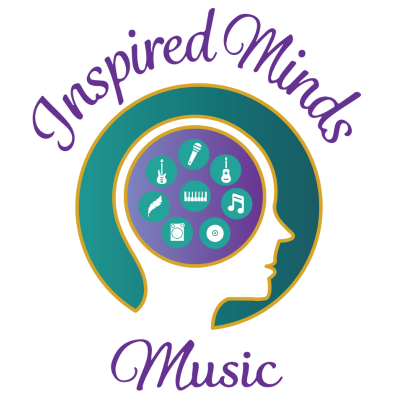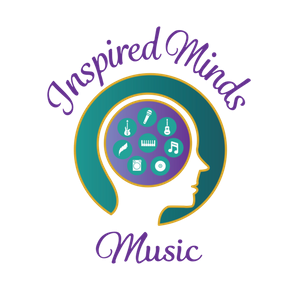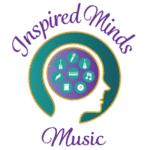Exposure and Development of
Music andmusicianship
My approach to music education is to build musical skills that students can carry with them for life.
The skills and areas of music we cover are intended to build well rounded musicians.
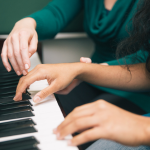
Technique
How to get the best sound and tone for whichever style of music you are playing. Technique is all about healthy sound production, posture, and the mechanics of how to play your instrument or use your voice.
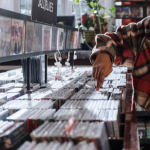
Songs & Repertoire
Learn to play or sing the sings you enjoy and a mixture of songs that will allow you to explore new musical styles. Most students take lessons so they can learn songs, so this is a central focus of our classes!

Technical Requirements
Technical Requirements include scales, triads (chords), arppeggios, formula patterns, and more.
Technical Requirements are more about “what” to play, where technique is about “how” to play.
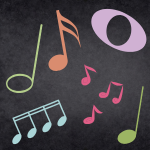
Rhythm
There are may only be 5 common values for notes and rests, but these can be assembled in an infinite number of ways. Understanding the building blocks for rhythm is the first step to being able to internalize it.
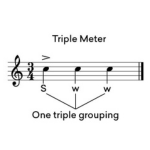
Meter
In a simple definition, meter is the way the rhythms are arranged in piece. Each meter and time signature has a very different and unique feel with stronger and weaker beats in each bar. Meter explains why a song feels and moves how it does.
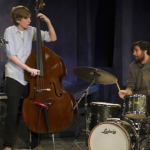
Groove
Is the combination of rhythm and meter!
Whether it is a swing feel, or a straight forward beat, or syncopated style, being able to groove means we can apply Rhythm and Meter in a way that feels natural and authentic.
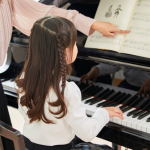
Reading
Whether sheet music, or understanding chord labels reading is one of the most common ways for music to be learned and shared between generations. Developing these skills early helps to build confidence and independence in students of all ages.
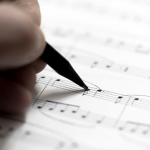
Theory
How and why is music written as it is? Why do certain notes and chords work well together? Understanding theory helps students recognize patterns, help them learn songs and develop a deeper understanding of music.
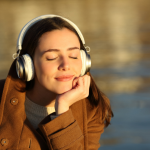
Ear Training
Ear Training is all about how to recognize and indentify elements in music by listening to it. For some students, this is a natural ability but for others it is a developed skill. Ear Training helps us be able to take the music we hear and express it through our instruments.

Music Technology
There are so many amazing tools now that can help students learn, practice, or share music. Home recording capabilities are remarkable and with AI becoming accessible to everyone, the opportunities seem endless.

Performance Skills
For some people, performing is a natural gift, but for most, it is a scary experience! Performance skills range from how to enter a stage and introducing yourself, all the way to choreographing, creating engaging performances and interacting with audiences.

Music Analysis
Analysis can cover anything from identifying the functions of chords in songs, lyrical analysis, or comparing and contrasting the music with the lyrics. In many cases, students find that the lyrics mean something different to them, so we work together to set the music to more accurately reflect this meaning.

Songwriting
Songwriting is an amazing way to express
what we think and feel. When students begin or explore songwriting, students will learn about song structure and form, creating effective melodies, writing and analyzing lyrics, adding chords to melodies, creating harmonies, riffs, countermelodies, concepts and methods to create texture, and much more!

Self Accompaniment
Learn how to create, or recreate accompaniment to play and sing your favourite songs. Self-Accompanying skills are developed around the student’s current abilities. As they become more skilled on each instrument, the complexity of the accompaniment will grow with them. It takes time to build the coordination skills to perform with self-accompaniment.

Improvisation
Soloing and creating melodies in the moment! Music is such powerful force, and in any given moment a musician can be surprised and what comes out. Maybe you play something with more power than you knew you had, or you find a note you didn’t expect but something magical follows. Learning to improvise and have a basic starting point allows musicians to reach places they never expected or planned.
